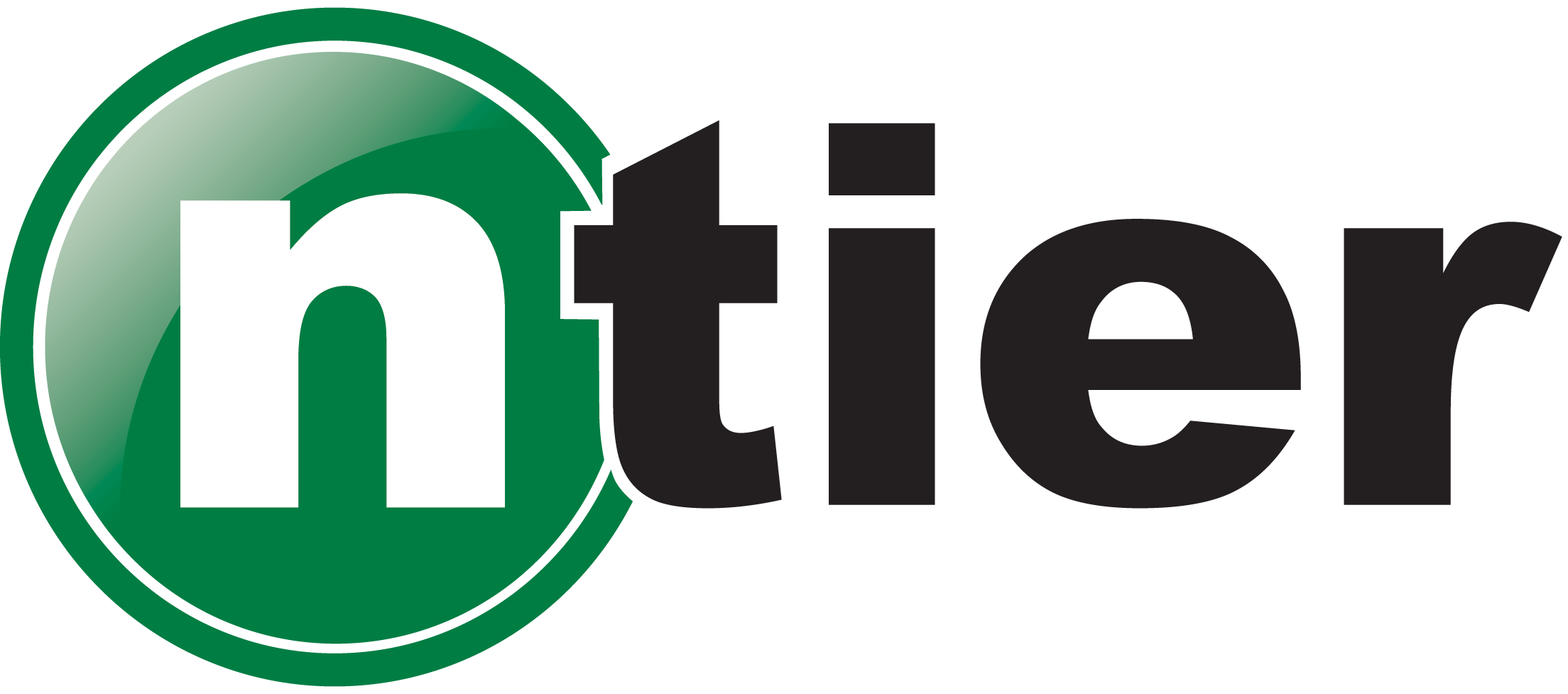Duration: 2 Days
Description
This advanced course examines some of the more challenging Agile topics facing teams and servant leaders in today’s business landscape. Discussion and lab work will include relevant leadership theories and practical application, organizational and team dynamics as well as pragmatic approaches to keeping Scrum practices fresh and relevant through the process of continuous improvement. Participants will take their Scrum Master skills to the next level while developing potential solutions to the challenges that their teams are facing with like-minded individuals in this highly interactive workshop. To ensure relevant and profitable learning occurs, attendees will kick off this course by brainstorming many of the real-world issues they face daily as members of an Agile organization. The course then explores a multitude of topics surrounding the Scrum Master role, allowing ample time to discuss potential solutions for the mentioned challenges and areas of concern. The course concludes with a retrospective, providing the next steps servant leaders need to guide their teams to higher levels of performance.
Audience
This is not an entry-level Scrum Master certification course. This workshop is for new or experienced Scrum Masters, project managers, program managers and team members desiring to improve their skills as a servant leader, facilitator and coach.
Objectives
- Learn how to more effectively and efficiently find and remove impediments
- Explore tools and techniques to help guide teams to higher levels of performance
- Discover and examine potential solutions to your most challenging impediments
- Explore methods to reinvigorate your retrospectives, keeping them fresh sprint after sprint
- Learn how to manage thorny communications issues, conflict and more
- Examine how to encourage and integrate value-driven practices up and down the organization
Prerequisites
Before taking this course, nTier recommends students complete the Agile Practitioner – Scrum Master Course or an equivalent type of course. A minimum of six months’ experience working on an Agile team is suggested
Course Outline
Module 1: Individual and Team Challenges
Module 2: Agile Principles Debate
Module 3: Communications, Facilitation and Conflict
- Communications
- Facilitation
- Conflict Management
Module 4: Self-Organizing and High-Performing Teams – What Do They Really Mean?
- Self-Organizing Characteristics
- How to Drive Self-Organizing Teams?
- Tuning to High Performance
- How to Crash Self-Organization and High Performance?
- Growing New Teams
- Distributed Teams
- Integrating External Contractors
Module 5: Assessing Team Health
- Metrics – What Do They Mean?
- Maturity Models
- Getting to The Truth
Module 6: Architecting the Team Approach
- Past Results – Future Actions
- Turning the Team Loose
- Accountability
Module 7: The Product Backlog – Common Problems and Fixes
- Common Problems – Potential Solutions
- Coaching the Product Owner
- Coaching the Team
Module 8: Sprint Planning – Getting It Right
- Common Problems – Potential Solutions
- Be Prepared
- Facilitating the Sprint Planning Meeting
- Distributed Sprint Planning
- Coordinating with a Waterfall Team
Module 9: Effective Retrospectives
- Flat Retrospectives
- Getting More out of Retrospectives
- The Improvement Backlog
- Following Through and Developing Momentum for Success
Module 10: Lean Thinking and Development Process Improvement
- Thinking Lean to Eliminate Waste
- Identifying Opportunities to Eliminate Rework
Module 11: Driving Organizational Transformation
- Cultural Transformation
- Change Management – Project Minded Agile Transformation
Module 12: Developing Your Coaching Skills
- Agile Coaching Styles
- Climbing the Shu-Ha-Ri Ladder of Attainment
- Practicing Servant Leadership
Module 13: Final Retrospective
- Next Few Steps
- Down the Road

Leave a Comment